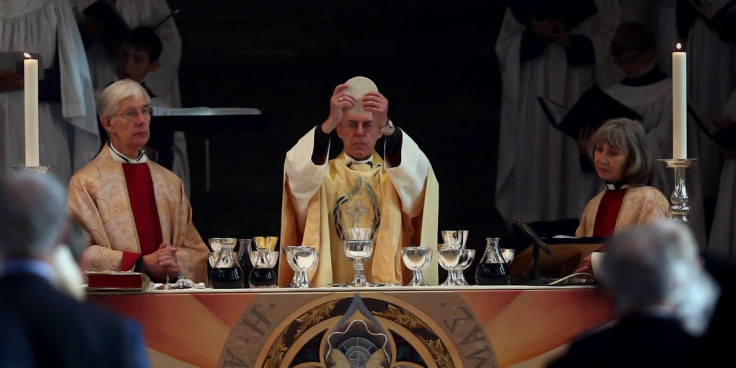Archbishop of Canterbury says Easter could get a fixed date within a decade

An ambitious plan is in progress to set a fixed date for Easter, so Christians across the world can celebrate it together, said Archbishop of Canterbury Justin Welby. The head of the Church of England said that discussions with the world's other major Christian denominations have commenced. "I would love to see it before I retire," Archbishop said.
The fixed date, possibly on the second or third Sunday in April, could be introduced in the next 5-10 years, Archbishop pointed out. "I would love to see it before I retire," Archbishop said.
The talks involve representatives of Pope Francis, the head of the Catholic Church, and Pope Tawadros II, the patriarch of the Coptic Orthodox Church of Alexandria. In 2015, Pope Francis signalled he is open to changing the date of Easter in the West.
Welby revealed the discussions to the media at the end of a four-day meeting between 39 Anglican primates, which was dominated by discord over gay rights. The archbishop has said he has warned ministers of the effect changing the date of Easter could have on school terms and calendars.
The contention over the date of Easter is one of the oldest disagreements in Christianity, dating back about 1,600 years. The rules to determine the date of Easter were first set in 325 AD at the council of Nicaea.
The council was convened by Roman emperor Constantine to codify the Christian faith. It declared that Easter should come on the first Sunday after the 14th day of the Paschal – or ecclesiastical – full moon, which means it should fall between 22 March and 25 April, where the Gregorian calendar is used.
However, the dates for Easter set by the various Christian churches in different parts of the world differ, as they use different calenders. Orthodox churches usually celebrate Easter a week after other Christian churches which use Gregorian calendars.
© Copyright IBTimes 2025. All rights reserved.





















